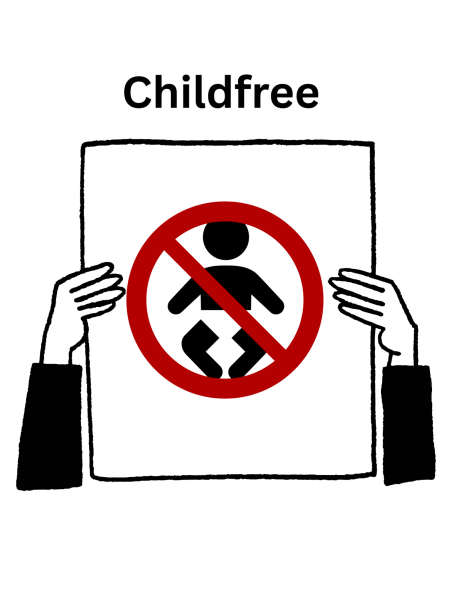Both sides-ism: who’s right and who’s wrong
February 19, 2019
For every person who has a strong opinion about an issue, no matter what the issue is, there is a person who insists that the truth is somewhere in the middle, or that both sides are equally valid. “Both sides” has become a cliché at this point, and while it can be fair to consider different viewpoints, there is such a thing as being too moderate.
In philosophy, the term “false equivalence” refers to when an individual believes that two sides to an argument have equal merit, even if one clearly has stronger evidence. According to the University of Tennessee at Martin, this belief can show up in the media in the form of the false balance fallacy. Those who espouse this belief may give undue credit to flimsy ideas for the sake of being fair or “balanced”. In a sense, they’re still biased – their bias is a moderate bias.
Americans continuously debate topics like climate change, LGBTQ rights, and vaccines, but sometimes, things aren’t really up for debate. In a world of scientific knowledge, people can easily resolve these debates by looking at what the experts have to say.
For example, the debate about whether vaccines cause autism is still circling around conversations, even though actual experts have debunked this urban legend. According to the Centers for Disease Control, studies have found no correlation between shots and autism spectrum disorders. Still, anti-vaccination articles and debates are spreading like wildfire, and according to USA Today, measles outbreaks are returning to the United States. Viewing scientific fact as debatable can cost children their lives.
Of course, moderate bias extends beyond science – it can apply to history and social issues as well. It can lead – and has led – to lackluster compromises. In the 1896 court case Plessy v. Ferguson, the Supreme Court justified racial segregation as long as the facilities were “separate, but equal.” Thankfully, this case was overturned in 1954, but it shows how trying to compromise on human rights can set vulnerable people back. The answer to society’s problems is not always a compromise, and sometimes, a compromise is not as neutral as one might think.
Yes, it is fair to acknowledge different positions on issues but sometimes, common sense should decide. Even today, some people believe that the Earth is flat, but that does not mean that schools should teach flat-Earth geography, or that news stations should host live debates about the Earth’s shape. It also does not mean that the Earth is both flat and round (like a CD), and it definitely doesn’t mean that both sides are wrong and that it’s actually a cube.
Moderate bias is not an oxymoron. Ignoring the weight of evidence means that someone is unable to find a true balance – that is, to search for the truth instead of debating in circles or looking for half-baked compromises. Compromising might sound fair, but it can cost people their integrity, livelihood or basic human rights. The truth is not always in the middle, and treating myths as equal to truth can have drastic consequences.






